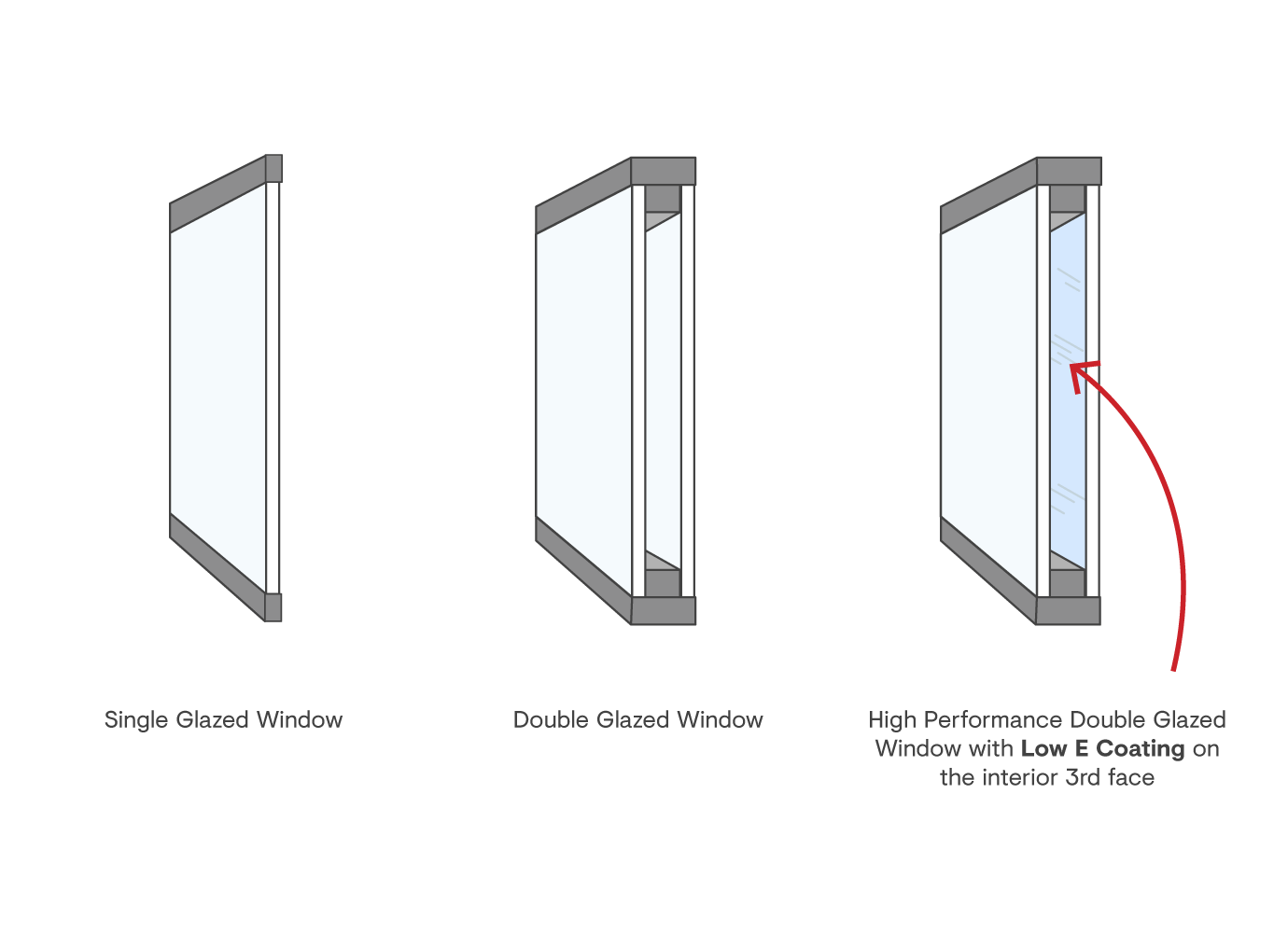All Categories
Featured
Table of Contents
Why Double Glazing Keeps Your Home Cooler In Summer? in Mt Helena Western Australia
Glazing simply indicates the windows in your home, consisting of both openable and set windows, as well as doors with glass and skylights. Glazing actually simply implies the glass part, but it is generally used to describe all elements of an assembly consisting of glass, movies, frames and furnishings. Taking note of all of these elements will help you to achieve efficient passive style.

Energy-efficient glazing makes your home more comfortable and considerably minimizes your energy expenses. Nevertheless, unsuitable or badly created glazing can be a significant source of unwanted heat gain in summer and significant heat loss and condensation in winter. Up to 87% of a home's heating energy can be acquired and approximately 40% lost through windows.
Double Glazed Windows Sydney & Replacement Windows in West Perth WA
Glazing is a considerable financial investment in the quality of your home. A preliminary investment in energy-efficient windows, skylights and doors can significantly decrease your yearly heating and cooling expense.

This tool compares window choices to a base level aluminium window with 3mm clear glass. Understanding a few of the essential residential or commercial properties of glass will help you to choose the very best glazing for your house. Key properties of glass Source: Adapted from the Australian Window Association The amount of light that passes through the glazing is understood as noticeable light transmittance (VLT) or visible transmittance (VT).
Which Type Of Glass Is Best For Energy Efficiency? - A&l Windows in Pickering Brook Perth
This may lead you to change on lights, which will result in greater energy costs. Conduction is how easily a material carries out heat. This is referred to as the U worth. The U worth for windows (revealed as Uw), describes the conduction of the whole window (glass and frame together). The lower the U worth, the higher a window's resistance to heat flow and the better its insulating worth.
For example, if your home has 70m2 of glazing with aluminium frames and clear glass with a U value of 6. 2W/m2 C, on a winter season's night when it is 15C colder outside compared with indoors, the heat loss through the windows would be: 6. 2 15 70 = 6510W That is equivalent to the total heat output of a big space gas heating system or a 6.
Energy Efficient Windows: Choose The Best Option For Your ... in Ballajura Perth

If you select a window with half the U value (3. 1W/m2 C) (for example, double glazing with an argon-filled gap and less-conductive frames), you can halve the heat loss: 3. 1 15 70 = 3255W The solar heat gain coefficient (SHGC) for windows (revealed as SHGCw) determines how readily heat from direct sunshine streams through a whole window (glass and frame together).
The lower a window's SHGC, the less solar heat it transfers to the house interior. The actual SHGC for windows is affected by the angle that solar radiation strikes the glass.
Climateframe Double Glazing: Perth's Double Glazed ... in Darling Downs Perth
When the sun is perpendicular (at 90) to the glass, it has an angle of incidence of 0 and the window will experience the maximum possible solar heat gain. The SHGC stated by glazing makers is always determined as having a 0 angle of incidence. As the angle increases, more solar radiation is shown, and less is transferred.
Latest Posts
Window Glazing For Households - Energy in Myaree WA
Why You Need Secondary Glazing In The Summer in Madeley WA
Secondary Glazing: Is It Worth It? in Applecross Perth